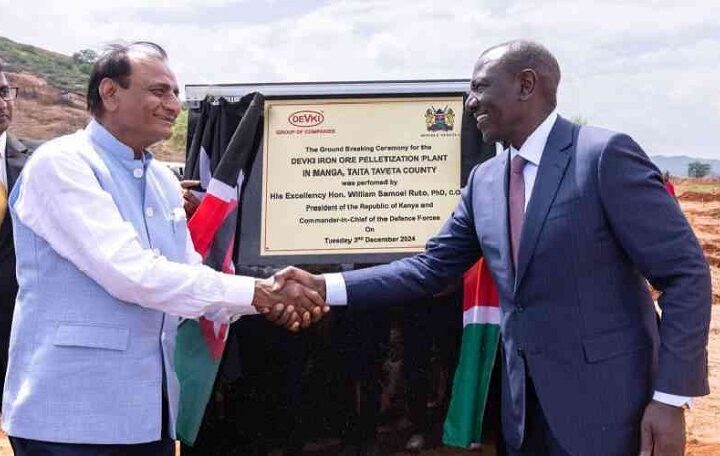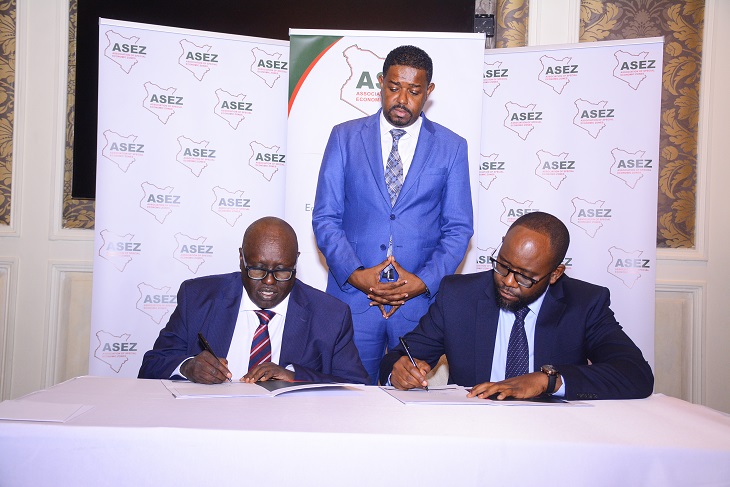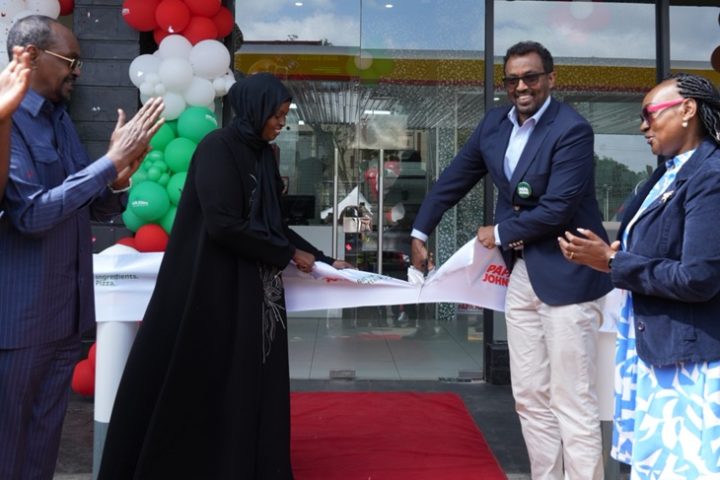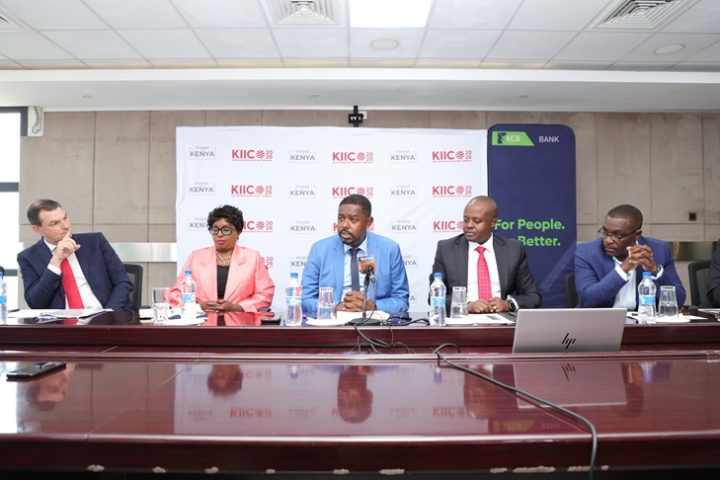Kenyan private sector business conditions deteriorated at the sharpest pace in a year during July, as business activity was hit by weaker order inflows, rising price pressures, and disruption from protests.
The downturn led to a marked reduction in input purchases and a slight dip in inventories, although staffing numbers were broadly stable, supporting backlog depletion. Firms in Kenya also reported a quicker increase in input prices, with the pace of inflation climbing to a seven-month high.
Subsequently, average selling charges rose to the greatest degree since January. The headline figure derived from the survey is the Purchasing Managers’ Index™ (PMI®). Readings above 50.0 signal an improvement in business conditions from the previous month, while readings below 50.0 show a deterioration.
The PMI dropped for the third consecutive month in July and was further below the 50.0 neutral threshold. At 46.8, down from 48.6 in June, the index signalled a solid downturn in the health of the private sector economy.
Moreover, this marked the sharpest decline in operating conditions since July 2024. Business activity fell at the strongest pace in a year in July, with 38% of survey respondents signalling a downturn over the month (versus 17% that saw a rise). That said, the decline was largely concentrated in the manufacturing and services sectors, conflicting with higher output across agriculture, construction, and wholesale & retail.
Businesses reportedly curbed their output because of lower sales volumes, cash flow problems, political unrest, and accelerating inflationary pressures. Total new orders also declined, and at the sharpest rate for 12 months. According to survey participants, orders fell due to reduced customer spending power, higher prices, and political protests leading to lower footfall.
Kenyan companies made successful attempts to reduce their work-in-hand in July, as weaker demand freed up capacity. While modest, the decrease in backlogs was the greatest recorded since April 2021. Backlog clearance was helped by employment levels remaining stable. With workloads falling, companies scaled back their purchasing activity sharply in July.
The reduction was the fastest in almost three years, led by marked cutbacks among manufacturers. Stocks of purchases also fell, representing the first monthly decline in 2025 so far. Input cost inflation rose during July, driven by a steep increase in fuel prices as well as higher tax payments, according to respondents.
Notably, overall cost burdens increased at the fastest pace in seven months. Several firms opted to pass through higher costs to customers, resulting in a solid rise in selling prices that was the most marked since the start of the year (albeit in line with the long-run trend). For the second month running, Kenyan businesses were more optimistic about future activity in July. The degree of confidence rose to its highest level in 15 months. Positive sentiment was linked to new product releases, land purchases, reoriented marketing plans, and branch openings.
Related Content: Job Creation Quickens As April PMI Hits A 27-Month High













